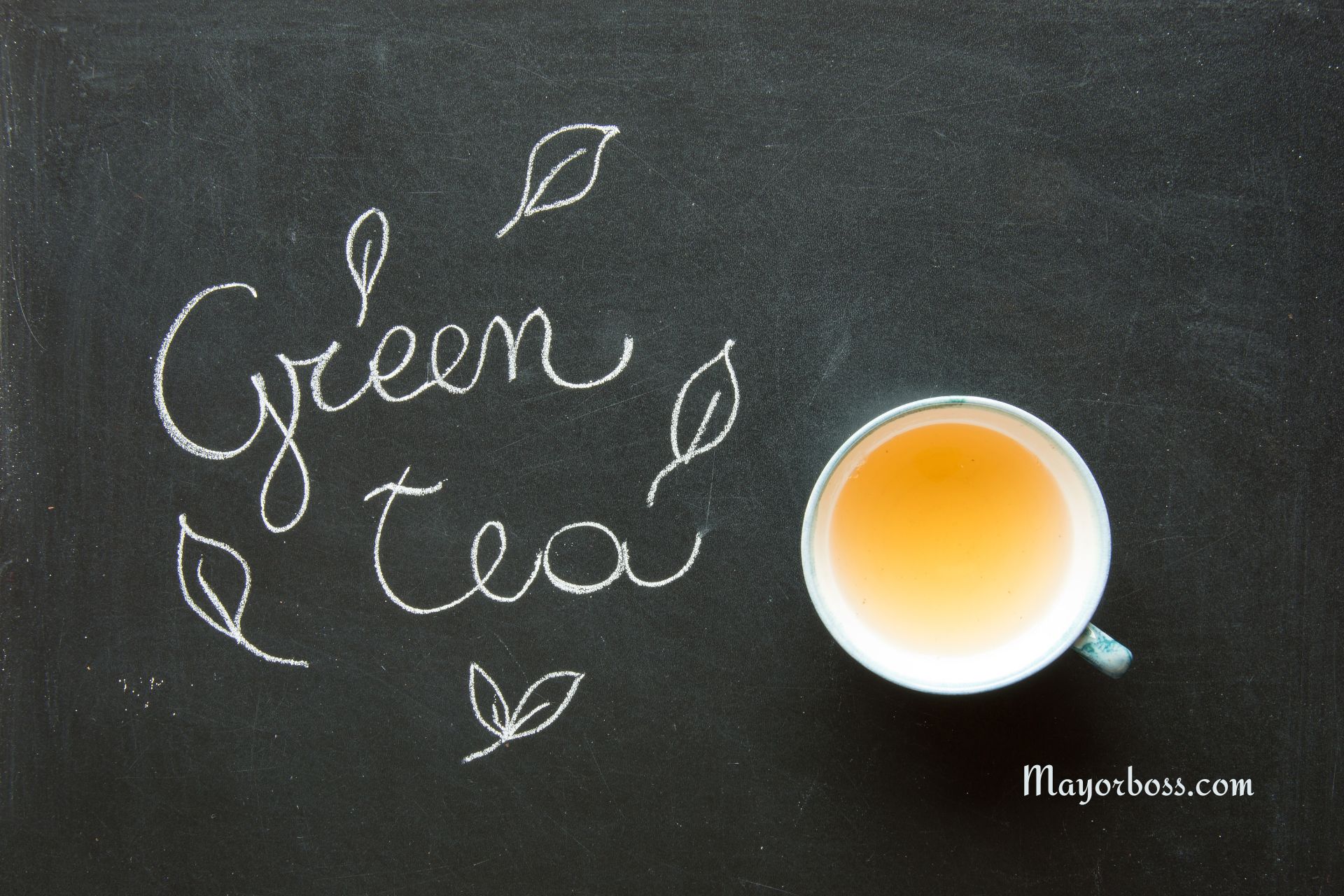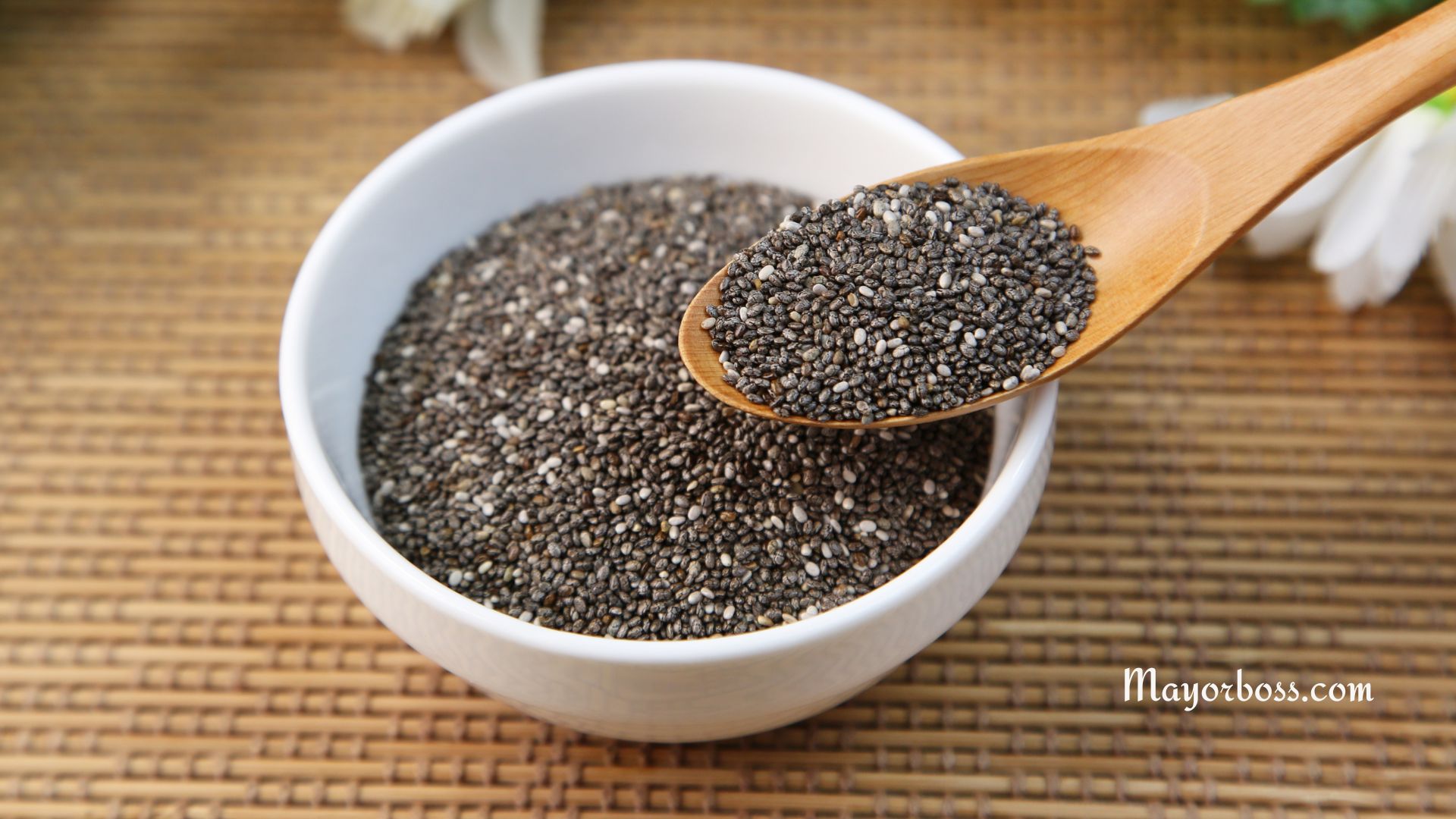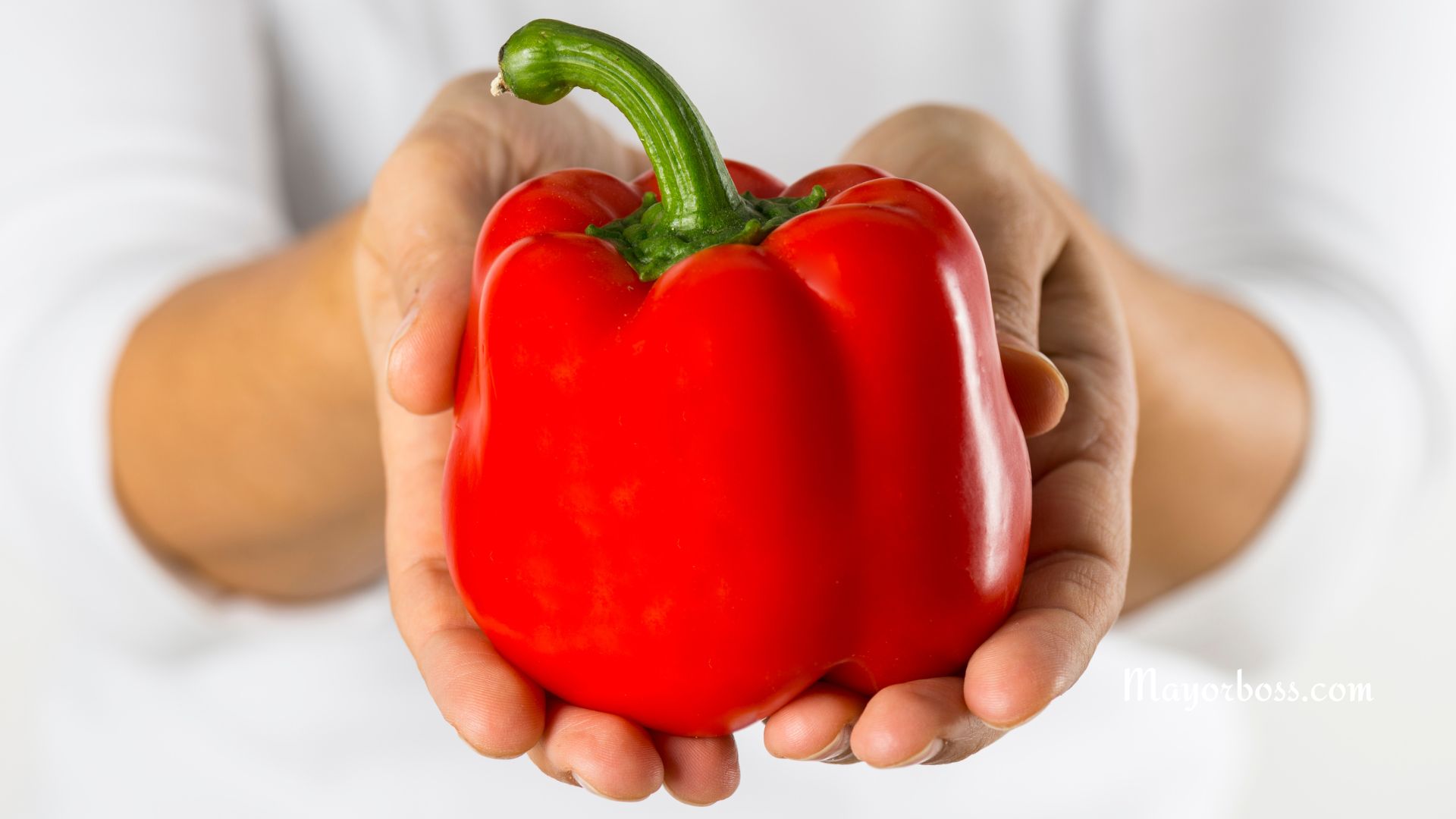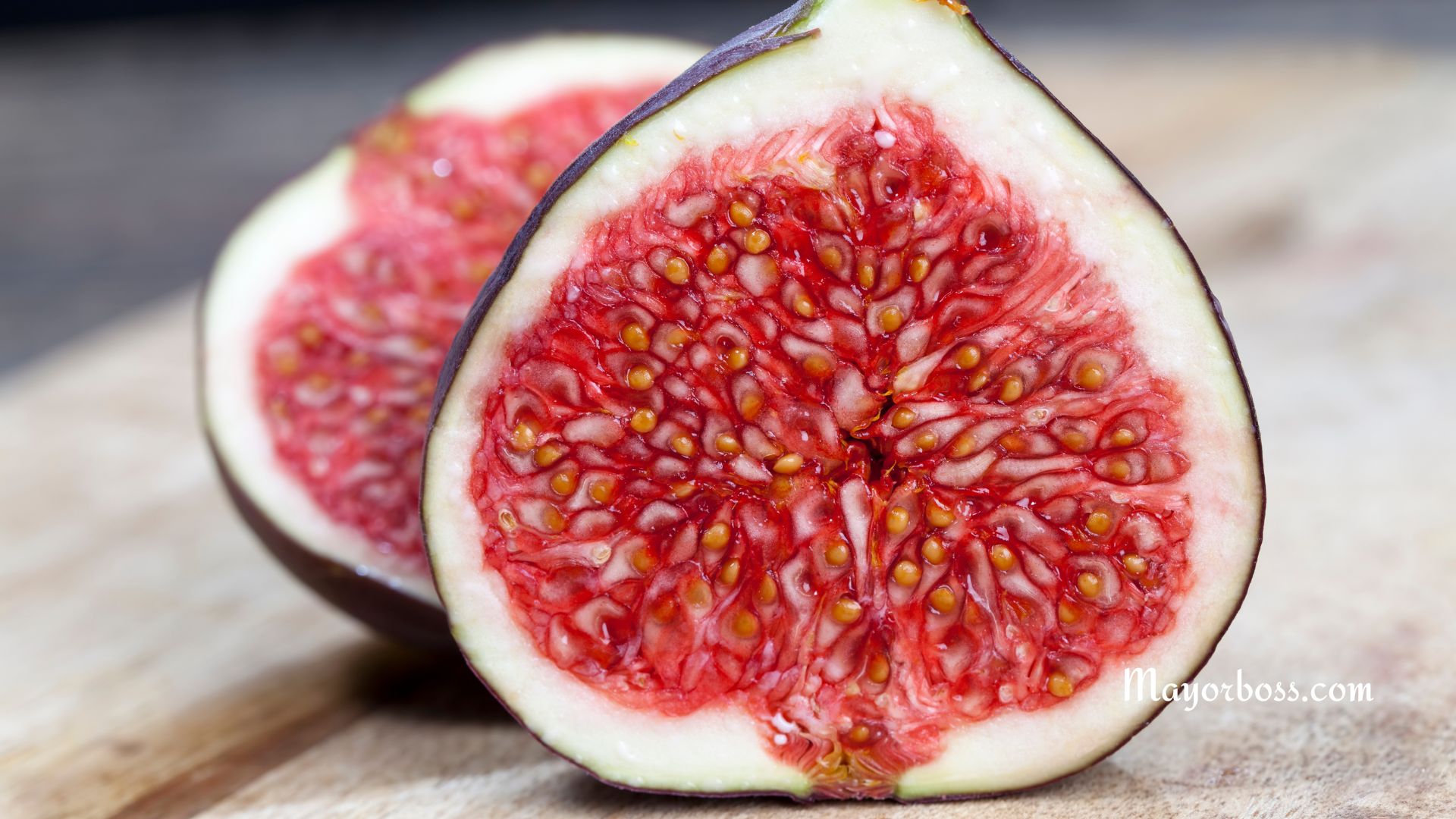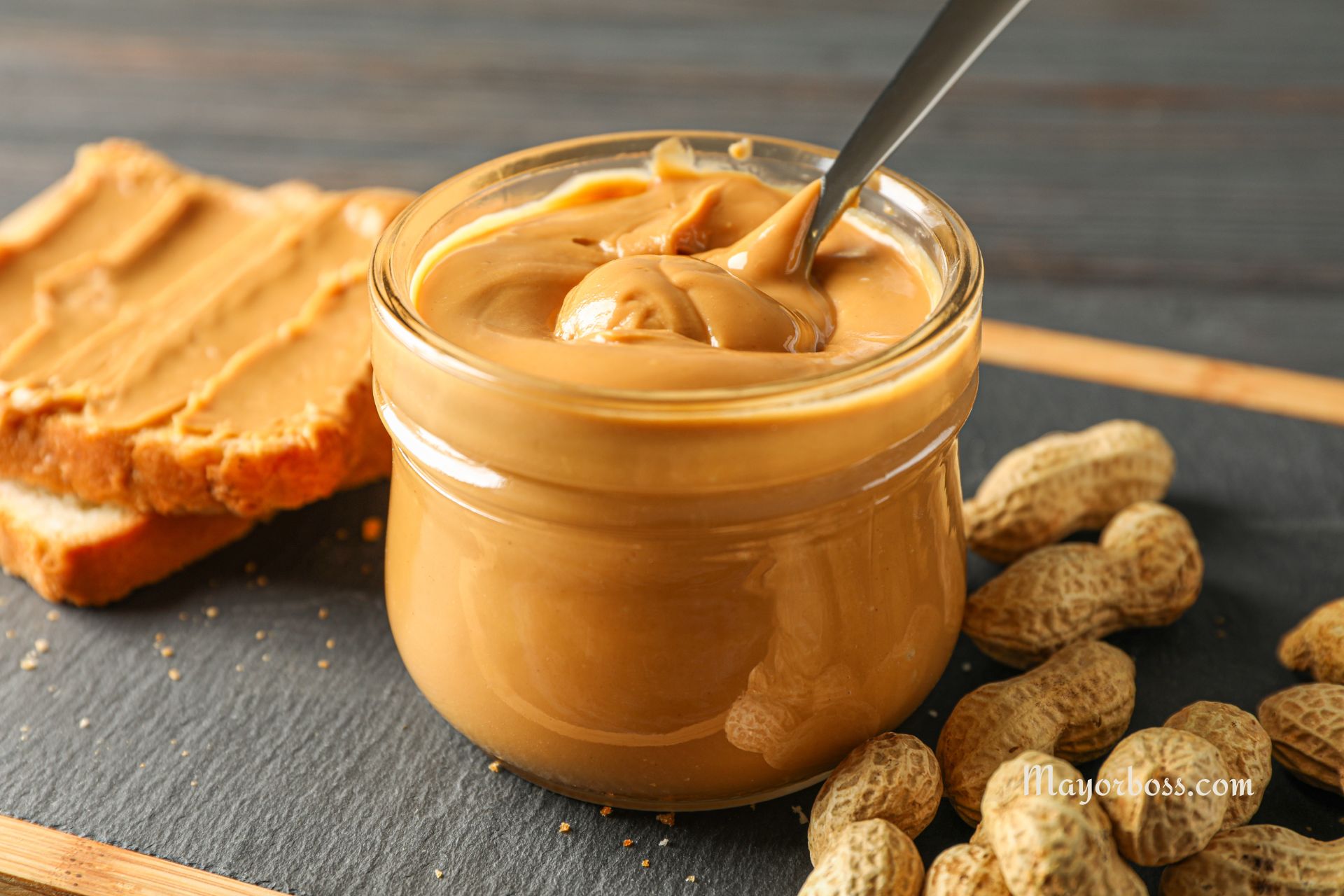5 Reasons Why You Should Use Ghee Instead of Butter
If you’ve been a butter aficionado all your life, you might wonder why anyone would consider switching to ghee, the golden, aromatic fat that’s a staple in many Indian cuisines. But ghee — clarified butter with all its water and milk solids removed — offers a rich and complex flavor profile that is just the tip of the iceberg when it comes to the benefits it provides. Ghee is not just a culinary delight. It has lots of health benefits that you might not associate with fat.
I’m here to share five compelling reasons why you should consider making the switch from butter to ghee.
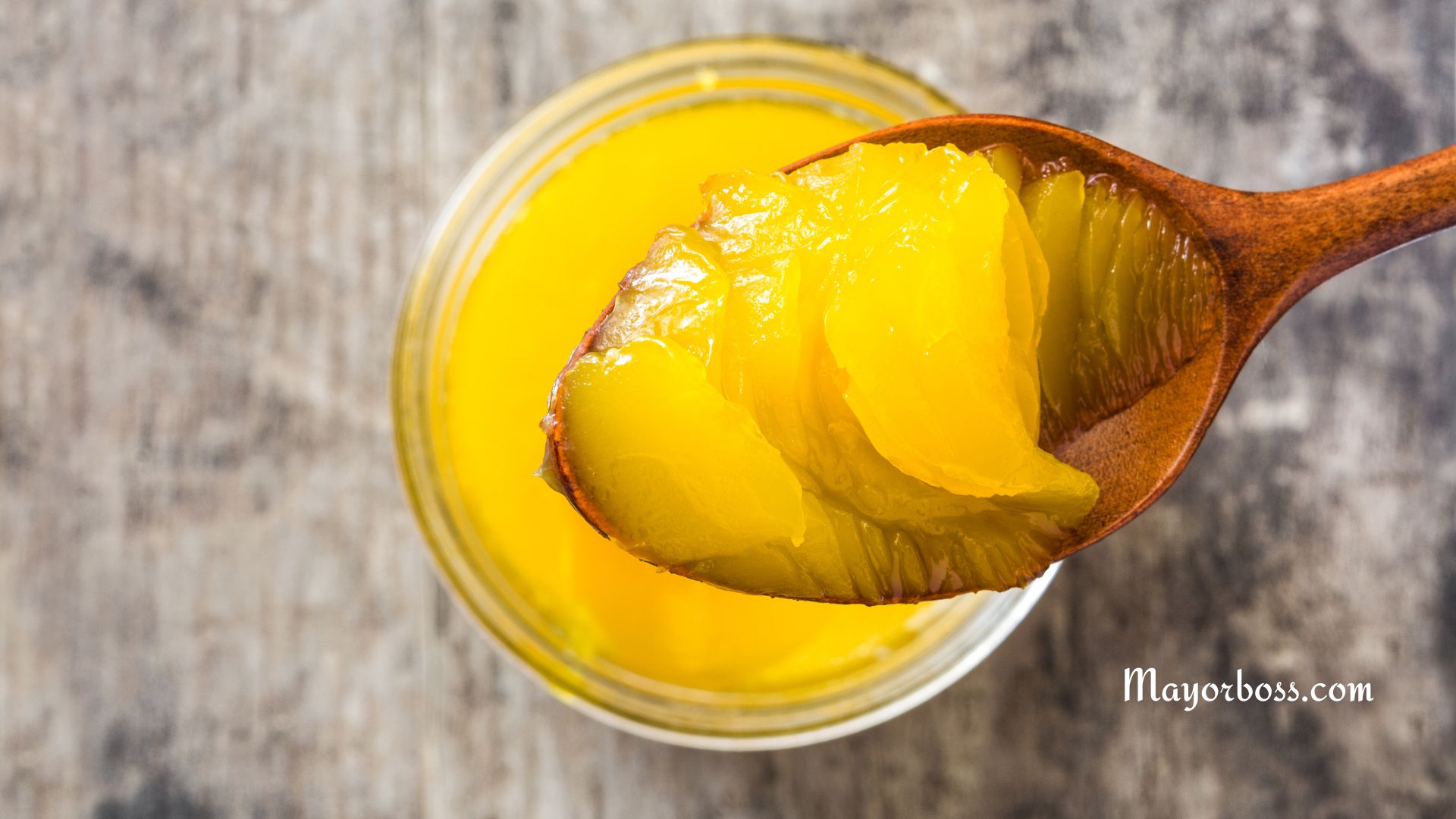
1. Ghee is Lactose and Casein-Free
Ever felt bloated or experienced stomach discomfort after consuming butter? This might be due to the presence of lactose and casein. These two substances can cause digestive problems for people with lactose intolerance or casein allergies.
Ghee, on the other hand, undergoes a clarification process that removes these potentially problematic components. This makes it a safe and delicious alternative for individuals with lactose or casein sensitivities.
So, if you’ve been missing out on the creamy deliciousness of butter due to digestive issues, it’s high time you gave ghee a try.
2. Ghee Offers a Higher Smoke Point
Cooking with fats at high temperatures can be a tricky business. When fats reach their smoke point, they begin to break down and release free radicals — unstable molecules that can cause harm to your body.
Butter has a relatively low smoke point, around 350 degrees Fahrenheit. In contrast, ghee has a smoke point of about 485 degrees Fahrenheit. This higher smoke point means ghee doesn’t easily break down into free radicals, making it a safer choice for high-temperature cooking.
When you’re making your next stir-fry or searing a steak, you’d do well to choose ghee.
3. Ghee is Rich in Vitamins
“Ghee is a nutritional powerhouse, packed with vitamins A, E, D, and K2,” says Dr. Mayor Boss, a pharmaceutical sciences expert. These vitamins are fat-soluble, which means they’re best absorbed by your body when consumed with fat. So, ghee is an excellent vehicle for these vitamins.
Vitamin A supports eye health, vitamin E acts as a powerful antioxidant, and vitamin K2 plays a vital role in bone health and heart health. By incorporating ghee into your diet, you are not just enhancing the flavors of your food but also boosting your intake of these crucial vitamins.
4. Ghee Promotes a Healthy Gut
Recent research highlights the importance of gut health for our overall well-being. Ghee is rich in butyric acid, a short-chain fatty acid that promotes gut health.
Butyric acid helps nourish the cells of the intestines and can reduce inflammation. This makes ghee a potential aid in maintaining a healthy gut, improving digestion, and promoting overall wellness. When you opt for ghee, you are essentially taking a step towards better gut health.
5. Ghee May Support Weight Management
While it might seem counterintuitive to suggest a type of fat for weight management, ghee could indeed play a role in this regard. As per Dr. Boss, “Ghee contains medium-chain triglycerides (MCTs) that can aid in weight management.”
MCTs are known for their ability to be rapidly absorbed and used for energy, making them less likely to be stored as fat. So, including ghee in a balanced diet might support your weight management efforts.
In Conclusion
The benefits of ghee extend beyond its vibrant taste. It’s a versatile cooking ingredient that can stand up to high cooking temperatures and adds nutritional value to your meals. The potential digestive, nutritional, and weight management benefits make ghee a worthy consideration for your kitchen.
If you’ve been a lifelong fan of butter, switching to ghee might seem like a big step. But given the numerous health benefits that ghee can bring to the table, it’s a step that could potentially lead you towards improved health and well-being.

